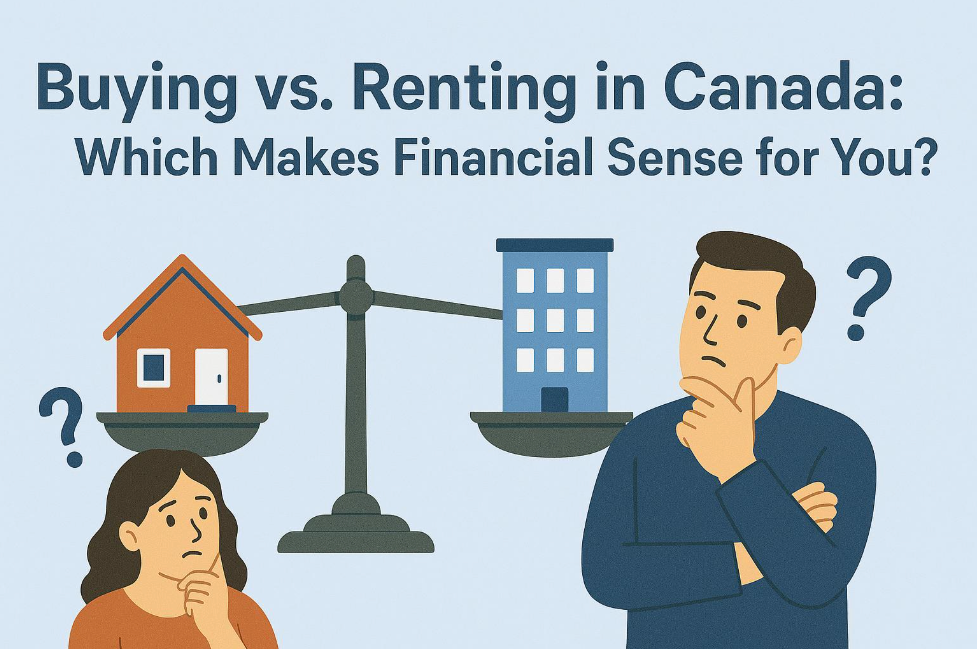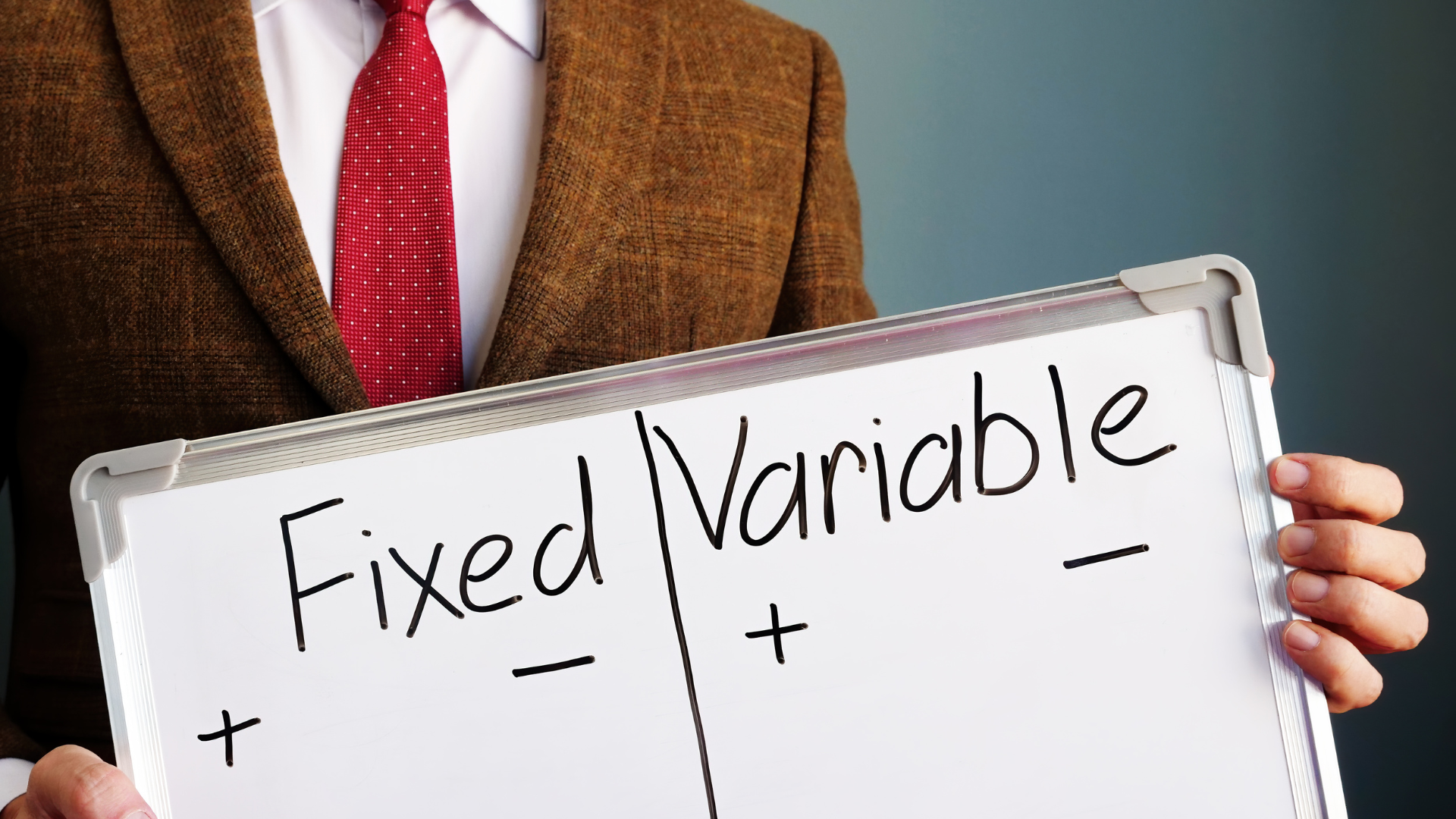Title Insurance: What Every BC Home Buyer Should Know!

You found your new home—congratulations! It’s your biggest asset and one of the most important investments you’ll ever make. How will you keep it safe?
When you get a mortgage in BC, one part of your closing costs will be title insurance. The premium is a one-time charge, and the policy protects the lender.
- You also can purchase owner’s title insurance to protect yourself, but it’s optional.
Title insurance is NOT home insurance.
- BLOG - Mortgage Insurance 101
Here’s what you need to know about what title insurance.
Title insurance is a policy that covers third-party claims on a property that don’t show up in the initial title
search and arise after a real estate closing.
- A third party is someone other than the property’s owner, such as a construction company that
didn’t get paid for its work on the home under a previous owner.
- The term “title” refers to someone’s legal ownership of the property.
A title claim could arise at any time, even after you’ve owned the property with no problems for many years. How could this happen? Someone else might have ownership rights that you don’t know about when you make an offer to buy a property. Even the current owner might not be aware that someone else has a claim on the property. In the case of an overlooked heir, even the person who has those rights might not know they have them.
Before your home mortgage closes, your mortgage lender will order a title search from a title company. The title company searches for public records related to your home to try to find any title defects that could affect the lender’s or buyer’s property rights such as:
- Liens can get placed on the property by a contractor, tax authority or lender who hasn’t been paid. You don’t want to get stuck paying a previous owner’s unpaid bills.
- Easements are someone else’s right to use your property even though you are the owner. For example, if there are utility lines in your backyard, the utility company will have an easement that allows them to access your property if they need to work on the lines. The easement could limit your ability to use your property however you want.
- Encumbrances include liens (also called “financial encumbrances”) as well as easements, but also include zoning laws & restrictive covenants.
- A title company searches public records including deeds, mortgages, divorce decrees, court judgments, tax records and child support orders.
What Does Title Insurance Cover?
A title insurance policy covers underlying issues with a property’s title that might have been missed before you bought the home. Basically, it comes in handy if the public record search conducted by the titled company failed to catch any liens or ownership disputes.
Residential title insurance can protect you against issues that could affect your ability to sell, lease or mortgage your property. It can provide coverage for the following:
- An unforeseen defect in your title ownership.
- Negligence or errors made by your lawyer relating to title risks.
- Unpaid utilities, mortgages, taxes or condo/strata maintenance fees – these are known as liens.
- Fraud, survey or records errors.
- A pre-existing outbuilding that must be removed because it encroaches on a neighbouring property.
- The gap period between when a property purchase is finalized or closed and when the title is officially registered with the government.
The BC Land Title Registration Office does not require title insurance because they guarantee the
title to your property.
- However, your lender may require it as a condition of your mortgage.
Q. There are 2 types of Title insurance. What is the difference between a Lender Policy and an
Owner Policy?
A lender’s title insurance policy protects the organization (lender) from which you obtained your mortgage
loan.
- For example, if you default on your mortgage repayments as a direct result of the title defect, the lender will be protected from that loss.
An owner’s title insurance policy protects you from potential loss.
- For example, if it becomes clear that someone else is the true titleholder of the property, the policy will cover your loss.
Who Pays for Title Insurance?
The buyer pays for the lender’s title insurance policy as part of their closing costs. Although title insurance costs range between $200 - $400, prices vary based on various factors.
- The value of your home, insurance provider and province you live in will all affect the cost of your one-time fee.
Key Takeaway
Title insurance is a type of insurance that protects the lender (and if purchased, the property owner) against loss or damage caused by problems with the title to the land.
- In BC, typically all Lenders require Title Insurance as a condition of you receiving their mortgage.



Let's do this together.
Sign up to our newsletter
Thank you for contacting me.
I will get back to you as soon as possible
Please try again later
All Rights Reserved | Mortgage Architects



